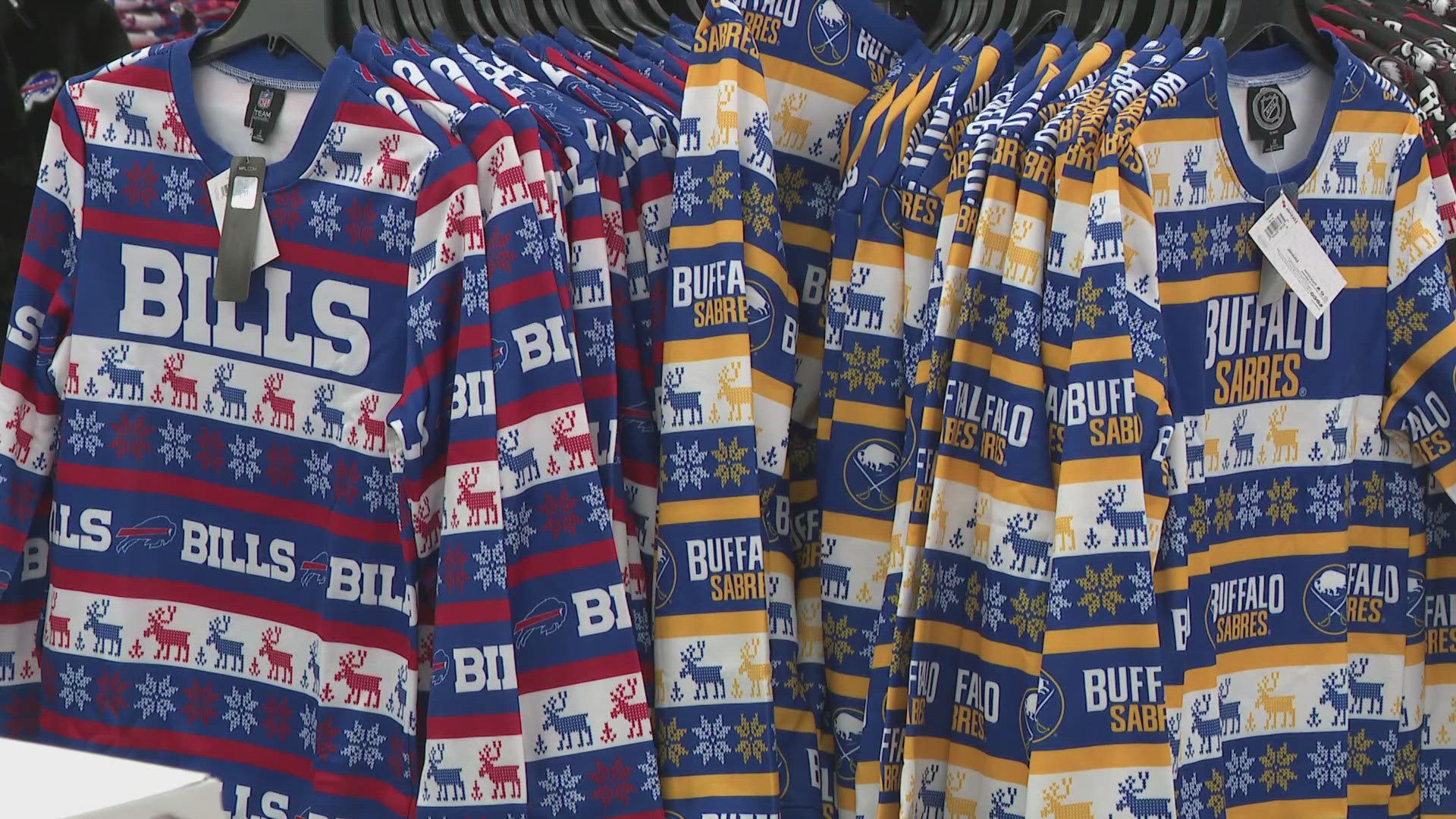By Sarah Taddeo Rochester Democrat and Chronicle
If the cannabis industry is a monster wave that Canadian and American companies are clamoring to ride to success, then Constellation Brands is the pro surfer who’s already in the chute.
As Constellation continues to dominate the high-end alcoholic beverage industry and gears up for a CEO change in the spring, the Victor-based company is also raising its stake in the world of legalized marijuana. The cannabis industry is moving at a breakneck pace — it's projected to eventually reach $200 billion in global retail sales.
Thanks to Constellation’s early bird investments in top-notch Canadian marijuana producer Canopy Growth, it’s also raising its profile in Canada, and seems to be readying for entry into the much larger U.S. market when the time comes.
Canopy Growth, founded in 2014, steadily rose as a player in Canadian cannabis to become one of the world’s largest providers. It maintains a number of cannabis brands and produces a variety of products, including oils, concentrates, soft gel capsules and dried flower, which is the form one would roll into a joint and smoke.
"We believe this represents a unique growth opportunity and through our partnership with Canopy, we are well-positioned to take a leadership role as this market continues to evolve," said Constellation CEO Rob Sands via email. "One hallmark of Constellation’s success over the years is our ability to stay on the forefront of emerging consumer trends and that will continue to fuel our long-term success."
Sands will transition into the executive chairman role when current president and chief operating officer Bill Newlands takes Constellation's helm in March.
Sands noted that the company has no plans to sell cannabis products in any global market where it is not yet legal to do so at all governmental levels. Canada is the second country to legalize recreational use (behind Uruguay) and more than 30 countries are currently pursuing a federally permissible medical cannabis program, he said.
Canopy Growth is now essentially a Constellation Brands partner that can be deployed into a variety of cannabis products as global consumption grows, said David Kretzmann, an analyst for Motley Fool Canada who frequently comments on the cannabis marketplace.
“Constellation’s investment sets a precedent for the potential of the cannabis industry,” said Kretzmann. “This really gives Constellation Brands a cannabis war chest that they can apply to the U.S. market as soon as that switch flips."
Over 30 states have legalized medical marijuana so far, with 10 (plus the District of Columbia) having approved recreational use, so a thriving U.S. market could be close at hand, he said.
Planting seeds for the future
Constellation sent analysts’ jaws to the floor when in August it announced a $4 billion additional investment in Canopy, upping its ownership in the Ontario-based grower from just under 10 percent to 38 percent. But it was the right partnership when it comes to scale and brand equity, said Vivien Azer, who analyzes the beverage, tobacco and cannabis industries for Cowen, a financial services firm.
Canopy already wields a hefty share of both the medical market and supply agreements for the adult-use market in Canada, she said. Two of its cannabis brands — Tweed and Leafs by Snoop (yes, that company was started by rapper Snoop Dogg) — have made successful branding transitions from the medical to adult-use markets, said Azer.
"We have partnered with the world leader in this space to bring a suite of high-quality products to market that meet consumer needs in a responsible way," said Sands via email. Canopy Growth holds 30 percent of the Canadian medical cannabis market and supply contracts with more than 30 percent of Canadian provinces for recreational cannabis, said Sands.
Some analysts have raised alarm over Canopy's recent stock and earnings volatility, which has come as the company works through the kinks of the developing Canadian cannabis market and scales up production.
But Constellation probably isn't overly concerned with a microscopic, quarter-by-quarter look at Canopy's financial health, said Kretzmann.
“The angle Constellation Brands has is very much focused on the long-term effect of cannabis,” he said.
Azer estimated Canada’s illicit cannabis industry, which is now transitioning into the legal category, is valued at $7 billion, while the U.S.’s current illicit market is probably valued at about $40 billion, she said.
But Constellation and Canopy will have to soon address how to handle the influx of competitors entering the market in the coming years, said Azer.
“Right now the market is in undersupply, but ultimately it will pivot to oversupply, and how do you maintain a traditional healthy consumer packaging goods-type margin in a deflationary environment?” she said.
Answer: Constellation specializes in branding highly regulated products, said Kretzmann. Even in a strict regulatory environment in Canada, and what will likely be a similar situation in the U.S. if and when legalization moves forward, Constellation could parlay its marketing prowess into edibles and other consumable products, he said.
Constellation started working with Canopy on cannabis-infused drinks about a year ago, and will be ready to introduce them in Canada when they're legal, which is expected sometime next year, said Sands.
"Cannabis is becoming a bigger part of consumers’ consideration set and we believe will be complementary to our core beverage alcohol portfolio," said Sands, comparing it to a fourth leg of a stool currently propped up by the company's beer, wine and spirits categories.
Branching out from here
By getting into the cannabis game early while its main business is still elsewhere, the company bought itself experimentation time, said Kretzmann.
“Ideally (Constellation and Canopy together) would have a head start developing some different product forms and brands in Canada, where they’re legally able to do so, and then apply those learnings and plug that into Constellation’s distribution and brand network,” he said.
People who haven’t really consumed cannabis may not find a joint that appealing, but could be interested in more approachable forms like edibles, said Kretzmann.
As legal barriers fall away and smart branding becomes integral to standing out in the crowd, smaller companies operating popular marijuana brands or distribution networks in parts of the U.S. may find themselves holding acquisition offers from Constellation, he continued.
“You have companies that are already building the production facilities, the processing, the distribution,” Kretzmann said. “I would expect that (Constellation) would make acquisitions to really bolster their presence in the U.S. and around the world.”
Constellation was early among multi-national companies in making a big move into marijuana, but it won’t be the last to do so, said Kretzmann. Other major beverage companies like Coca-Cola and Pepsi Co. are reportedly exploring cannabis-infused drinks, and it's likely pharmaceutical and even consumer packaged goods companies will get in on the fray.
“Cannabis is here to disrupt a lot of different industries,” he said.
Consumers' tastes grow for high-end products
The company is, according to reports from Reuters and others, planning to offload some of its lower end U.S. brands to focus on higher-tier products. That makes sense, given stagnation in lower-end tiers right now, said Cody Jennings of Zepponi & Company; a merger and acquisition advisor in the beverage sector.
Constellation’s marketing has accelerated its premium beverage brands like Corona, Meiomi wines from California and Svedka Vodka into industry giants. The company reported 10.1 percent growth in net sales in its earnings report from Q2 2019, which ended Aug. 31.
“They’re smartly putting their money in other areas,” said Jennings. “Constellation has the imports and craft beer brands that’ll hold them afloat, and that gives them more leeway to have a little more risk in their other investments,”— such as cannabis, he said.
The company plans to continue its focus on its high-end brands, which have shown sustained growth over the years, said Sands.
"Across the beverage alcohol sector, consumers are trading up to higher quality and more flavorful products," said Sands. Millennials are looking for high quality, more flavor and authentic experiences that connect them to a unique story or heritage, plus they're drinking across categories more than earlier generations," he said.
"Our strategy has and always will be focused on meeting consumers where they are going," said Sands.
STADDEO@Gannett.com
Constellation Brands by the numbers
1945: The year Constellation was founded as a small wine producer in Western New York
39: The number of winery, brewery and distillery locations Constellation operates, according to its website.
100: Number of brands in the Constellation Brands portfolio
10,000: Constellation's total approximate workforce
38 percent: Constellation's stake in Canadian cannabis startup Canopy Growth



